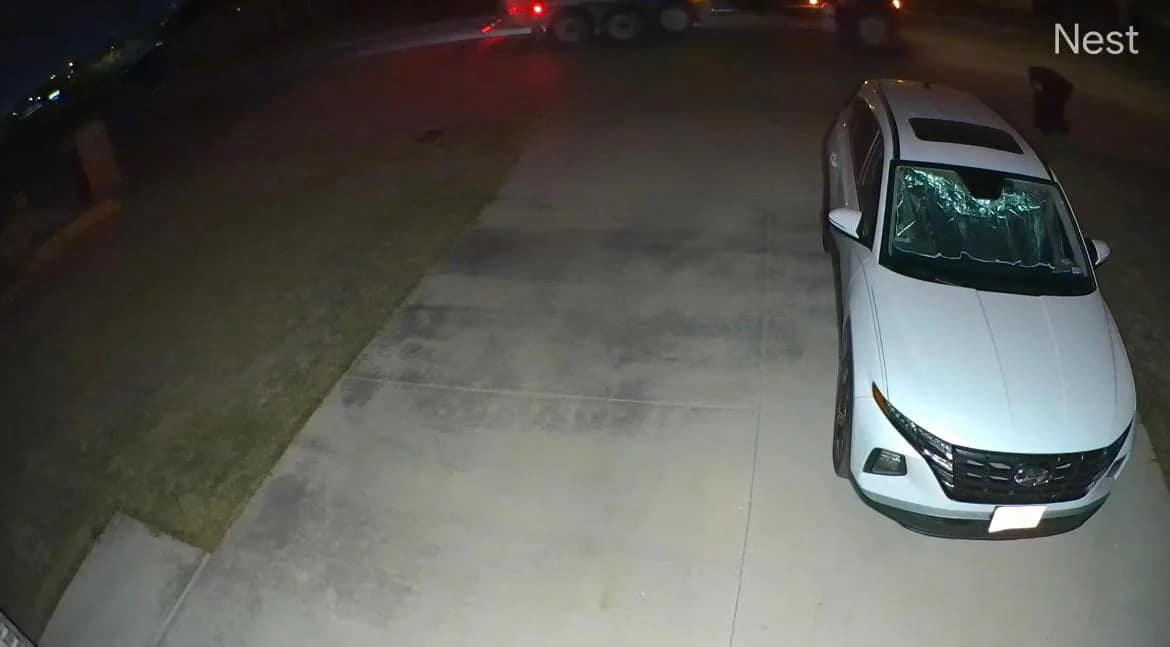Finding out who is renting a house can be helpful for various reasons such as ensuring proper legal compliance, assessing security and financial risks, and more. As a potential landlord, neighboring property owner, or other interested party, you may want to identify the current tenants of a house.
In this article, we will explore effective methods for discovering who is renting a given property.
Why Is It Important To Know Who Is Renting A House?
There are several valid reasons why someone may want to know who is occupying a rental house. Identifying the tenants allows you to verify their legal right to reside there, which can help avoid potential issues down the line. It also enables assessing any security or financial risks by looking into the tenants' background.
Knowing who is responsible for a property helps in enforcing responsibilities like upkeep and maintenance. Overall, obtaining tenant information facilitates making informed decisions related to the house and its occupancy.
How Can Public Records Help Identify The Renters?
Checking various public records is often the most straightforward way to uncover who is renting a house. Records held by the county clerk's office, recorder's office, or department of public works may list the property owners and current occupants. Property tax documents through resources like Zillow, Redfin, or Trulia can also provide tenant names. These record systems aim to maintain transparency about property ownership and residency.
What Other Online Sources Can Provide Insights?

Beyond public records, several online rental listing databases and classified ad sites let you search for a house address to see if it is actively rented out. Sites like Zillow, Apartments.com, Rent.com, Facebook Marketplace, and Craigslist allow contacting posted landlord ads for property details. Real estate agent websites occasionally list property management company info as well.
Utilizing these digital sources allows remotely exploring rental activity and contact avenues.
Can Door-To-Door Inquiries Provide Information?
Directly visiting the house and chatting with neighbors is another conventional approach. Friendly questions to people outside the target property, asking if they know who lives there currently, can sometimes yield tenant names and background specifics from local sources. Door-to-door engagement shows initiative and allows gathering any useful context omitted from official or online venues.
When Should A Private Investigator Be Hired?
If standard record searches and neighborhood questions prove inconclusive, hiring a private investigator to supplement the research may be worthwhile. Professional PIs have legal methods for deeply inspecting public records, conducting surveillance, and interviews to uncover occupancy particulars. Consider this specialist option for resolving mysteries around tenancy when simpler strategies fail.
What Information Can Be Discovered About The Renters?
Beyond names, potential information on tenants can include their length of residence, number of occupants, vehicle data, rental history references, employment, background checks, and occasional social media profiles. However, as a third party, only basic identifying and verifiable facts are usually legally accessible without tenant consent. In-depth specifics require property ownership involvement.
How Should The Information Be Applied Responsibly?
Any tenant particulars discovered should only be applied for lawful, nondiscriminatory purposes respecting individuals' privacy. Valid uses include evaluating security/financial risks or enforcing proper occupancy. However, the data cannot form the basis for illegal discrimination in renting decisions.
Being transparent about the request's intent when gathering facts also maintains integrity. Overall, responsible research practices and adhering to privacy and equal opportunity laws is important.
Conclusion
Utilizing public records, online listings, neighborhood inquiries, and occasionally hiring a PI enables comprehensively investigating the identity of a house's current tenants. While the goal is obtaining useful insights into proper occupancy, exercising caution, respecting privacy, and avoiding discrimination remains paramount. Following all legal and ethical guidelines facilitates responsibly resolving queries around property rentership through informed research.





